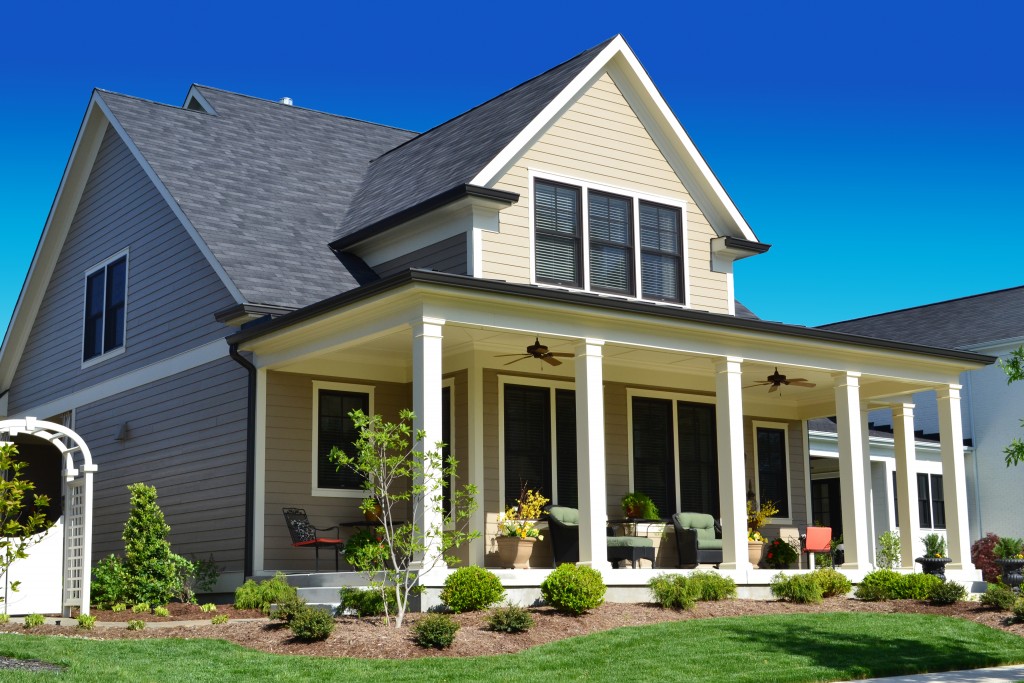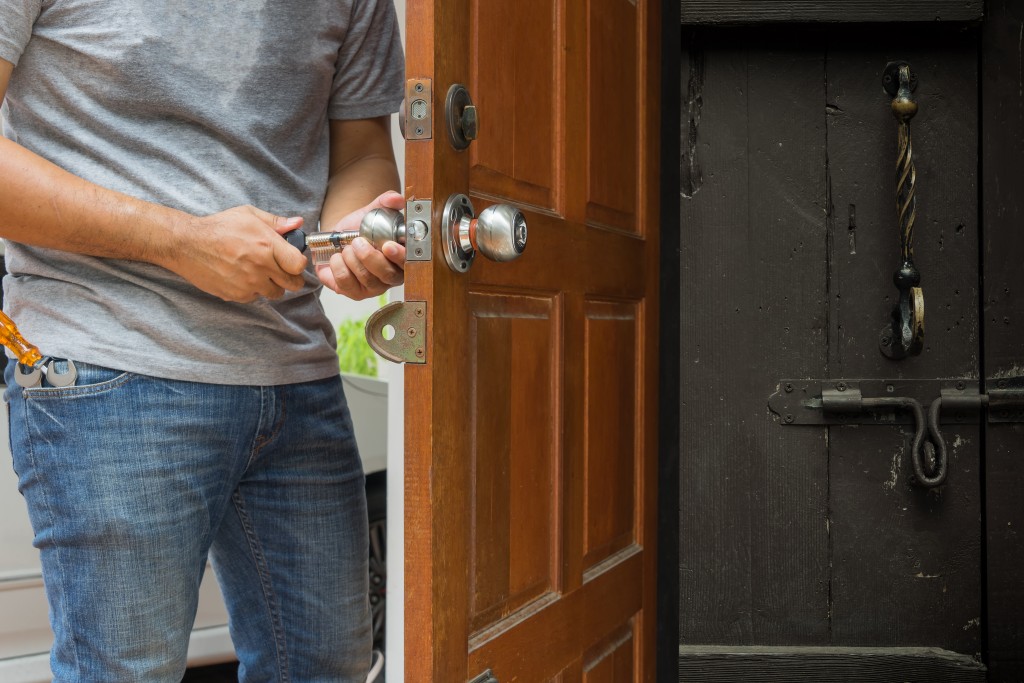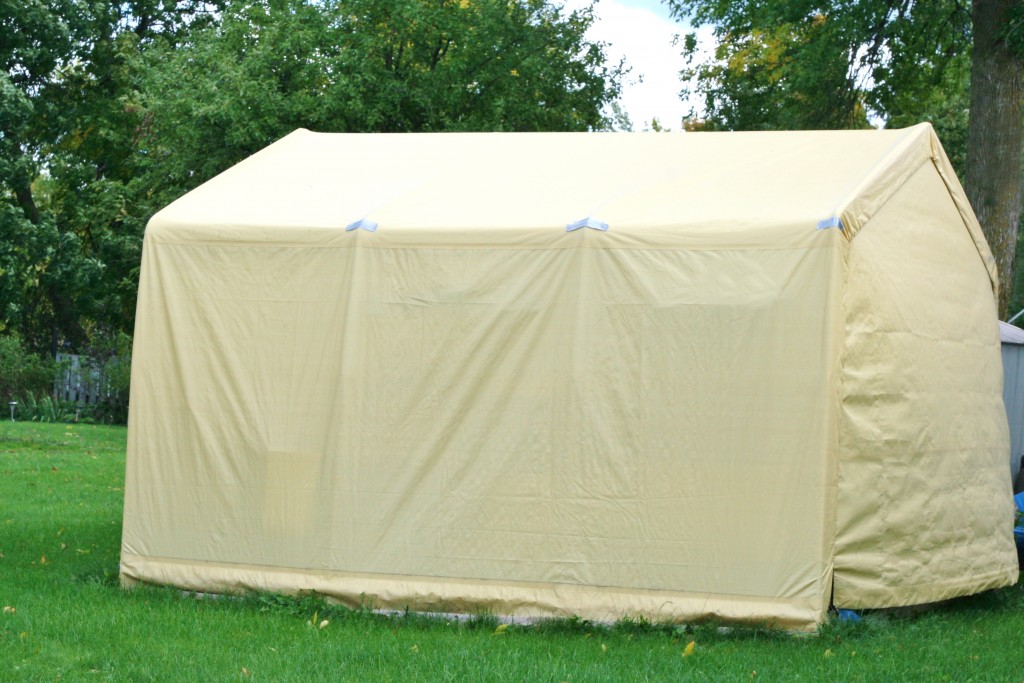Until recently, the world has observed a shift from a consumerist mindset that drove people to acquire, collect and amass to a minimalist mindset that focuses on experience and living in consideration to current environmental challenges. Soon, housing standards will reflect this shift and demand better, energy-efficient homes. Check out this guide on what you should consider today to make sure that the home you intend to purchase keeps up with future housing standards.
Think about the Orientation and Location
When selecting a property, check the orientation of the house. Orientation is important, especially if you plan to install solar panels for your home. Even though solar power is not yet the norm, people may eventually switch to this renewable energy source. While fossil fuel use in New Zealand is still growing, this non-renewable source of energy won’t last forever.
On top of orientation, consider the location of your future property. See if you can search for natural geothermal heating sources that can serve as an alternative source of heat for your future home.
Take Strategic Fenestration and Landscaping Into Account
See if there are many trees planted in the south and west side of the house. If they interfere with solar energy collection, however, opt to install awnings by windows, which you can draw back during winter months to allow the sun to heat your home passively.
Check the Seals of the Home
A home that is energy efficient should have proper sealing of vents, doors, ducts, sills and joints. Homes that are ‘airtight’ are able to cut down on heating costs significantly. Additionally, heating or air conditioning units will not have to work twice as hard to regulate the temperature.
By keeping in mind these considerations when buying a house, your home will be able to keep up with the future housing standards. This will also save you a costly upgrade down the road.





